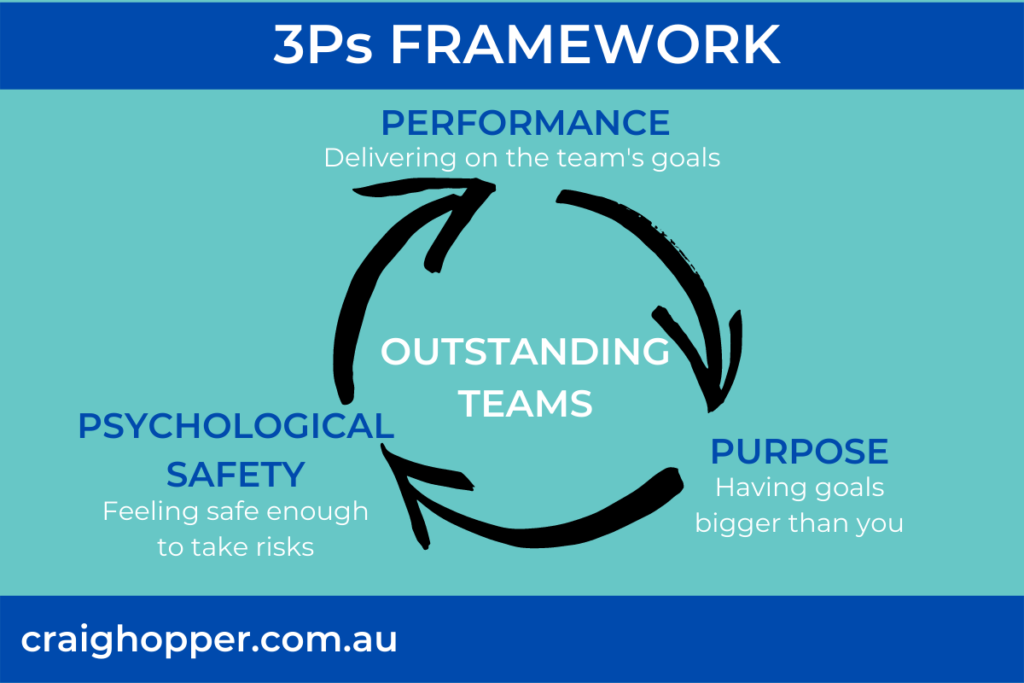We all want to retain great people. But retaining great tech people seems to be getting harder and harder. As leaders, we’re battling a super tight employment market, huge wage inflation, as well as companies tying themselves into knots over return to office policies, flexible working arrangements and struggling with hybrid teams.
Instead of getting defensive or blaming the market, we can encourage great people to stay by actually making it easier for them to leave.
A recent study by the international recruitment company monster.com reports that an astounding 95% of people are thinking about leaving their jobs. I’m still stunned by this number. But even if it were lower, there are still a lot of people out there considering leaving.
People want to feel like they’re achieving something important

I know 3 people close to me who have resigned this last week to take up a new job in tech. I can think of dozens of people I know who have changed jobs in the last 6 months. There are a combination of factors behind each one. Sure – an increase in salary is one. That’s a given in the current environment. But salary is almost never the main reason. Speaking to these people, one common thread for all of them was this. They didn’t feel they were getting anywhere or achieving enough. They were worried that if they stayed where they were for much longer, it would get harder and harder for them to move on. So they felt they had to move on, before their prior achievements had passed their use by dates, and their resume started to lose its shine.
Nothing succeeds like success
All of them said that if they felt that they were getting more things done, especially meaningful things, they wouldn’t have been worried about their ability to get a better job in the future. That fear of being left behind wouldn’t be there. They would have been too busy growing, developing and achieving important things. The irony of this, is that the more we grow, develop and achieve, the more attractive we become to future employers. Yet at the same time, we’re more likely to stay where we are, in order to keep growing, developing and achieving even more! In addition, if you have a reputation as a team that gets meaningful things done, when you do need to hire someone, you’ll find it a lot easier to attract the right people.
There’s a great proverb for this:
Nothing succeeds like success.
So as leaders, how does this help us retain great people? Let’s break this down.

The individual team member
There’s a wonderful phenomenon that we can take advantage of called ‘flow’. This comes from the work of a psychologist called Mihály Csíkszentmihályi. Put simply, this is the mental state where we are completely absorbed in using our strengths on something important. We lose track of time. Flow leads to higher performance and greater satisfaction. Who doesn’t want to work somewhere where they get to experience that?
The team
Performance is contagious. We are far more likely to put in effort, pay attention to quality when we work with others who are performing. Google’s Project Aristotle found that the #2 driver of team performance was Dependability – being able to rely on team members to do quality work on time. Moreover, the #1 driver of team performance is psychological safety, i.e. feeling safe to take risks and try new things, is more likely if the team is confident in its own ability.
The team leader
Performance inspires confidence. A study from CultureAmp found that the #1 factor in inspiring performance, was confidence in leadership. We also know from a study by Steve Tadelis from the University of California that the best leaders are able to retain staff at a 60% higher rate than other leaders. As leaders, we’re already responsible for team performance. But this should add fuel to the fire. This makes it much, much bigger than just us as the leader. This becomes part of our ‘why’ – to help this individual team members succeed by helping the team succeed.

Compassionate leadership and the 3 Ps
As compassionate leaders, we’re ultimately responsible for performance. That’s great when things are rosy, but when they’re not, it’s even more important. We need to act. Even when it had. In fact, especially when it’s hard. Doing the hard things with heart is what compassionate leadership is all about. The question of what to do depends on the situation (that’s where a coach can help). How to do the hard stuff is often about courage.
Courage helps us do uncomfortable things like performance discussions, pushing back on senior management, making tough priority calls. When I coach leaders, I help them focus on the greater purpose – something bigger than them. It could be the team purpose – the benefit for the customer, or the wellbeing of the team, or the consequences of not dealing with the hard stuff, which is normally a much bigger problem to deal with later on. When we aren’t able to retain great people, that impacts the rest of the team – they have to fill in the gaps until we replace and onboard the team member that just resigned. That’s a 3-6 month headache for the team and the leader.
The other thing I help them with is accepting they can’t always control the outcome. Only what they bring to the situation. Results certainly count. But so does effort and application. We miss 100% of the shots we don’t take. The team always notices when we choose to avoid an issue.
It works like this:
Deal with the hard performance issues (with heart) … that will both inspire confidence and improve performance. That performance and confidence now inspire loyalty and help people fulfil their own purpose in terms of development, growth and achievement. On top of that (yes – there’s more) performance and purpose enable psychological safety, which helps the team to innovate, further improving performance. Hey presto – we have a flywheel for outstanding team performance.
That’s the 3P model of compassionate leadership – performance, purpose and psychological safety

If you’re interested in learning how to retain great people through compassionate leadership and the 3Ps – get in touch here:
Please share this if you found it useful.
And remember, whatever you do, do it with heart!

Comments are closed.